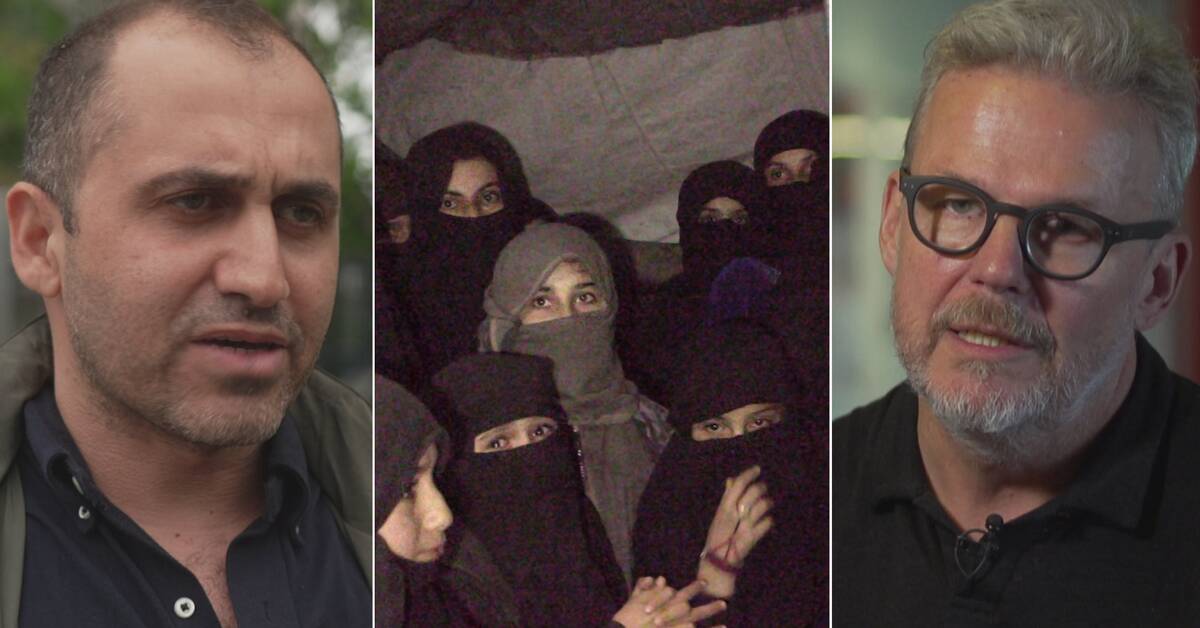In May, the online magazine Kvartal published a review in which it emerged, among other things, that one of the main scenes in the award-winning documentary "Sabaya" was fabricated.
The review also showed that the film's male protagonists on several occasions forced women to leave their children against false promises to be reunited with them later on.
The documentary is co-produced with SVT and depicts how two men, Mahmud and Ziyad, rescue Yazidi women enslaved by the Islamic State from the al-Hol refugee camp in Syria.
The main scene in question depicts how Leila, one of the main characters, is released in dramatic forms.
After the review, director Hogir Hirori has confirmed that he was not present when Leila was released.
The woman in the scene was another Yazidi woman.
BBC deletes interview
The British public service company BBC now chooses to republish the interview with Hogir Hirori.
"We are aware that problems have been raised regarding the truthfulness of some of the statements made by the filmmaker, and we have deleted our interview with him while we review it," a BBC spokesperson wrote to Kvartal.
Hirori has previously admitted that in the BBC interview he gave the impression that he himself was involved in Leila's release and then said that "it was careless and unnecessary not to specify that the scene was about another Yazidi woman".
The documentary remains on SVT Play
SVT, on the other hand, leaves the documentary on SVT Play without being cut.
Viewers will also not be informed that one of the films' main scenes are not genuine.
- Hogir and I have had discussions about whether to insert a disclaimer.
I think it would be nice if he did it, but we will not do it against the filmmaker's will in this case, says Axel Arnö, documentary director at SVT and responsible publisher for Sabaya to Kvartal.
In a statement, the director has previously defended the documentary by saying that everything depicted in the film happened for real and highlights the difference between documentary storytelling and investigative journalism.
“Documentary film is not a neutral narrative form.
Especially in Sweden, where as a genre it is an established narrative form that promotes the personal gaze, one's own expression and that encourages independent filmmakers to portray their image of the world, "he said in May.

